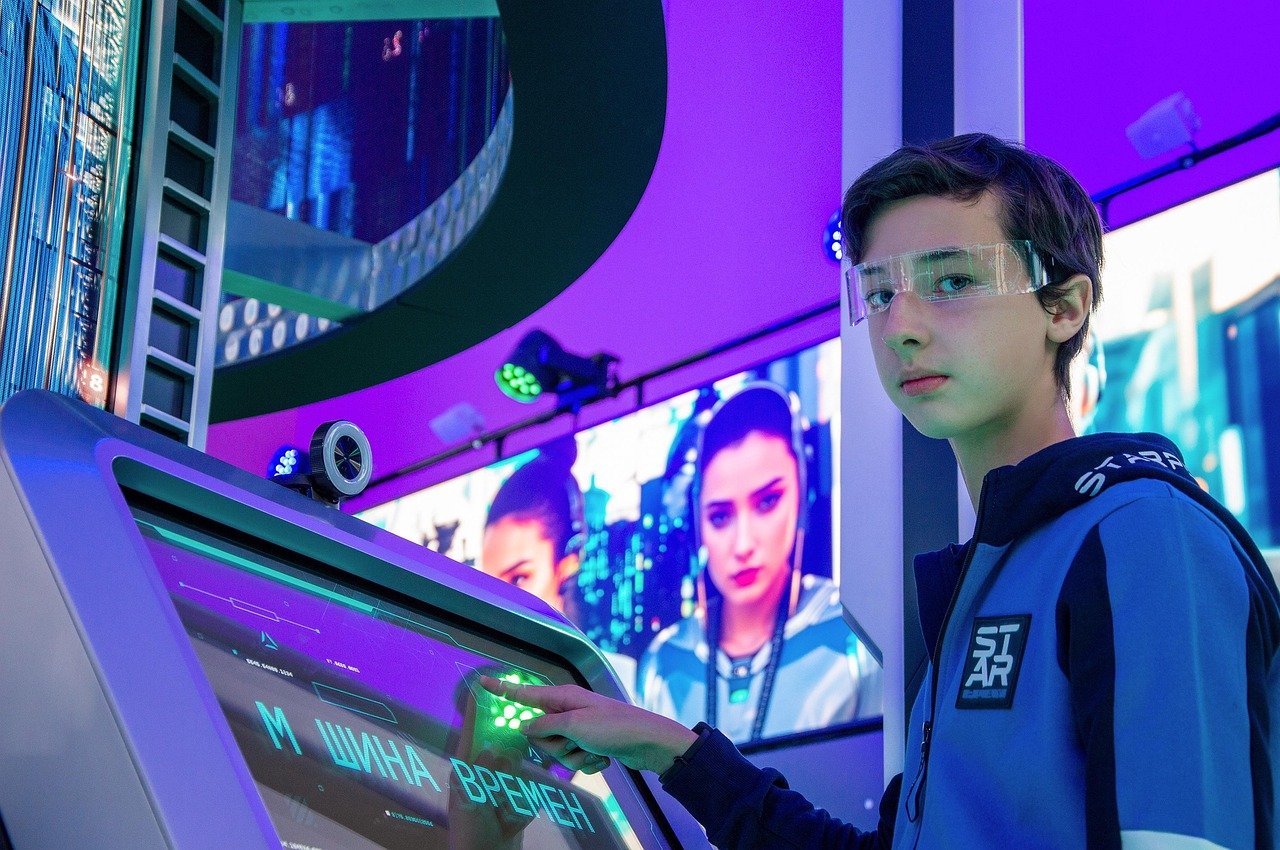Have you ever imagined a world where your colleague is a robot, or your boss is an algorithm? It sounds like something from a sci-fi movie, but it’s becoming our reality much faster than most of us expected. The workplace is transforming at lightning speed, with AI and automation at the wheel. These changes are stirring up excitement, anxiety, and endless debate—because let’s face it, nobody wants to wake up one morning and find out their job description is now obsolete. But there’s another side to the story, one filled with surprising opportunities and new paths we never saw coming.
The Unstoppable Rise of AI and Automation
AI and automation aren’t just buzzwords—they’re reshaping the world of work right under our noses. Today, machines can analyze mountains of data in seconds, handle customer service chats at midnight, and even drive cars more safely than some humans. This isn’t just about robots on factory floors anymore. We’re seeing smart algorithms pop up in healthcare, finance, law, and even creative industries. The numbers are staggering: some experts predict that by 2030, as many as 800 million jobs could be affected by automation. This wave of change is forcing everyone to rethink what work really means and what skills will matter tomorrow.
Job Displacement vs. Job Creation: The Paradox of Progress

It’s easy to feel nervous about headlines warning of robots taking over jobs, but the story isn’t all doom and gloom. Yes, some roles—especially repetitive or predictable ones—are disappearing. But AI and automation are also sparking the creation of brand-new careers, the kind that didn’t exist a decade ago. Think of data scientists, AI ethicists, or robot maintenance specialists. The World Economic Forum even suggests that by 2025, nearly 97 million new jobs could emerge, roles that blend human creativity with machine intelligence. This paradox is shaking up industries and challenging us to adapt, but it’s also giving hope to those willing to learn new tricks.
Reskilling: The Lifeline for the Modern Worker
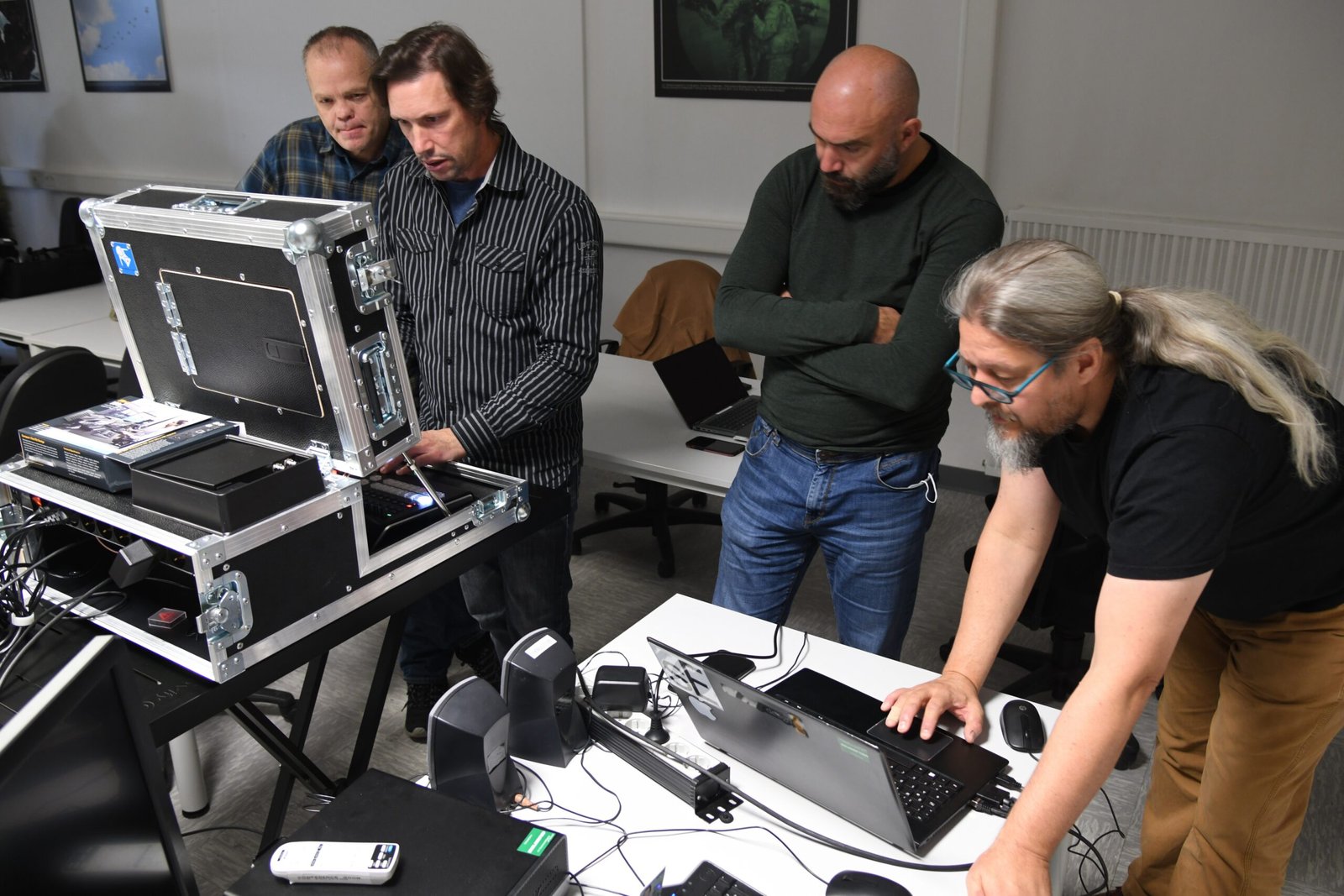
If the ground beneath your career feels a little shaky, you’re not alone. The need for reskilling has never been greater. Companies are scrambling to offer training programs, while workers are signing up for coding bootcamps, online courses, and workshops to stay ahead. It’s not just about learning to code—skills like empathy, problem-solving, and adaptability are suddenly in high demand. Those who embrace lifelong learning are finding they can ride the wave of change instead of being swept away. In a world where yesterday’s expertise can become tomorrow’s dead end, curiosity and flexibility are real superpowers.
Remote Work: A Revolution Fueled by Technology
Remember the days when “working from home” sounded like a pipe dream? Thanks to AI-powered tools and automation, remote work has exploded, especially since the pandemic forced everyone to adapt overnight. Now, teams can collaborate across continents, brainstorm on video calls, and manage projects with smart software that tracks progress and deadlines. This shift is opening doors for people far from traditional job markets, leveling the playing field in ways we never expected. Of course, it’s not all smooth sailing—staying connected, building trust, and keeping the company culture alive require new approaches and constant attention.
AI in the Driver’s Seat: How Machines Are Shaping Decisions
AI isn’t just handling routine tasks; it’s also stepping into decision-making roles. From hiring new employees to recommending products, smart algorithms are influencing choices that used to be made by people alone. This can make things faster and more efficient, but it also raises some big questions. Are we comfortable letting a machine decide who gets an interview or a bank loan? There’s a growing push for transparency, so people understand how and why these decisions are made. As AI takes the wheel, we’re all learning to navigate a landscape where human judgement and machine logic must work hand in hand.
Ethical Dilemmas: Navigating the Gray Areas

With great power comes great responsibility, and AI is no exception. Data privacy, bias in algorithms, and the risk of job losses are hot topics sparking passionate debate. Should a facial recognition system decide who gets into a building? Can we trust AI not to reinforce old prejudices? More and more companies are setting up ethics boards and guidelines to ensure technology is used fairly and transparently. These conversations aren’t always easy, but they’re essential for building trust and making sure progress doesn’t leave anyone behind.
The Gig Economy: Freedom or Fragility?

AI-powered platforms have made it easier than ever to find freelance work, turning the gig economy into a force to be reckoned with. Apps connect drivers, writers, designers, and countless others with customers worldwide, offering flexibility and the chance to be your own boss. But this freedom often comes at a price—job security, benefits, and stability can be hard to find. As more people join the gig workforce, there’s a growing debate over how to protect their rights and ensure a fair shake for all. The future may see new rules and safety nets to help balance independence with security.
Leadership in the Age of Machines
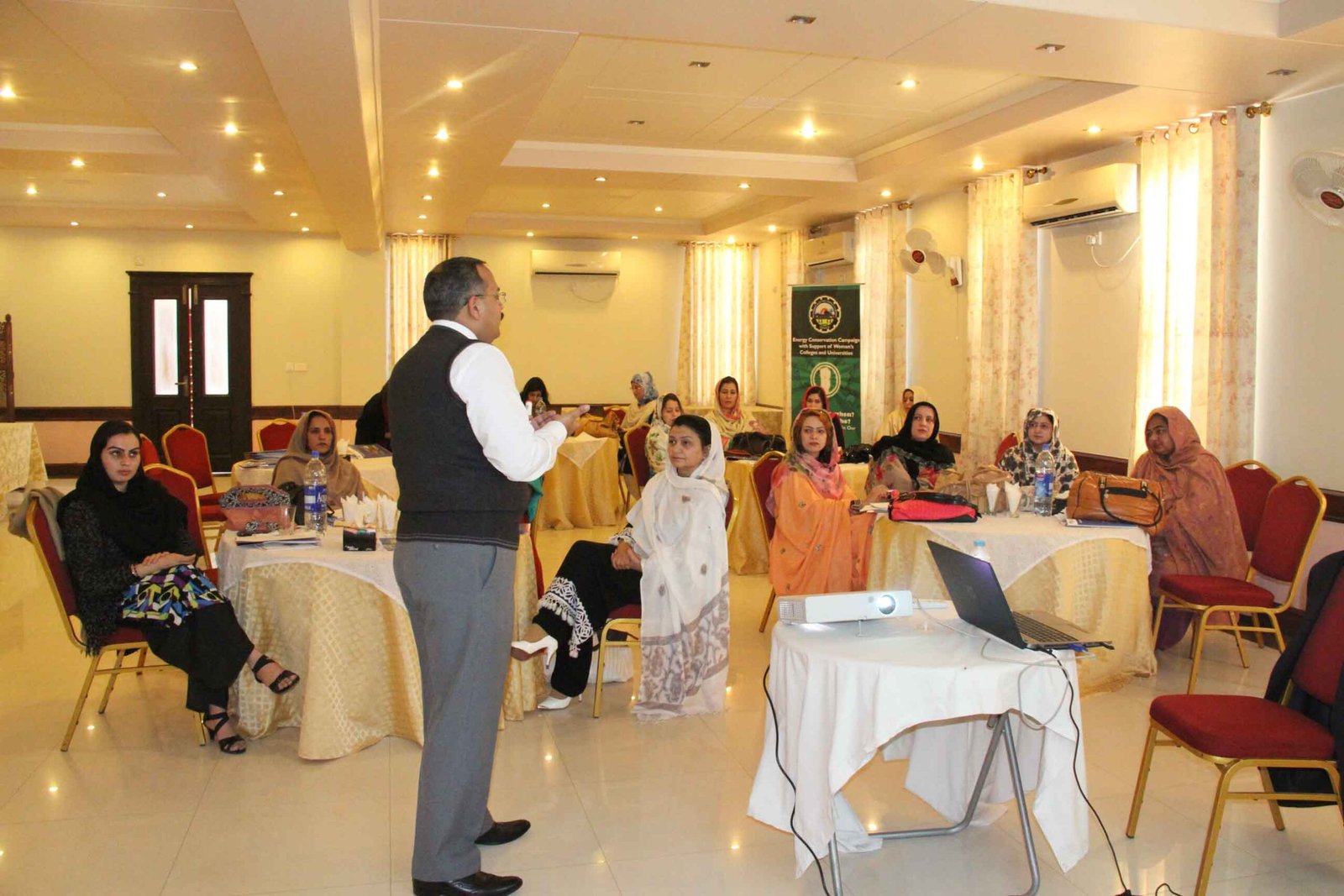
As workplaces fill with smart technologies, leaders can’t just manage people—they have to manage change itself. Modern leaders are learning to foster innovation, encourage continuous learning, and create cultures where humans and machines work side by side. Emotional intelligence, adaptability, and the ability to inspire trust are becoming just as important as technical know-how. The best leaders see AI not as a threat, but as a partner that can help their teams reach new heights. Navigating this new era takes courage, vision, and a willingness to embrace the unknown.
Education Reimagined: Preparing for Tomorrow’s Careers
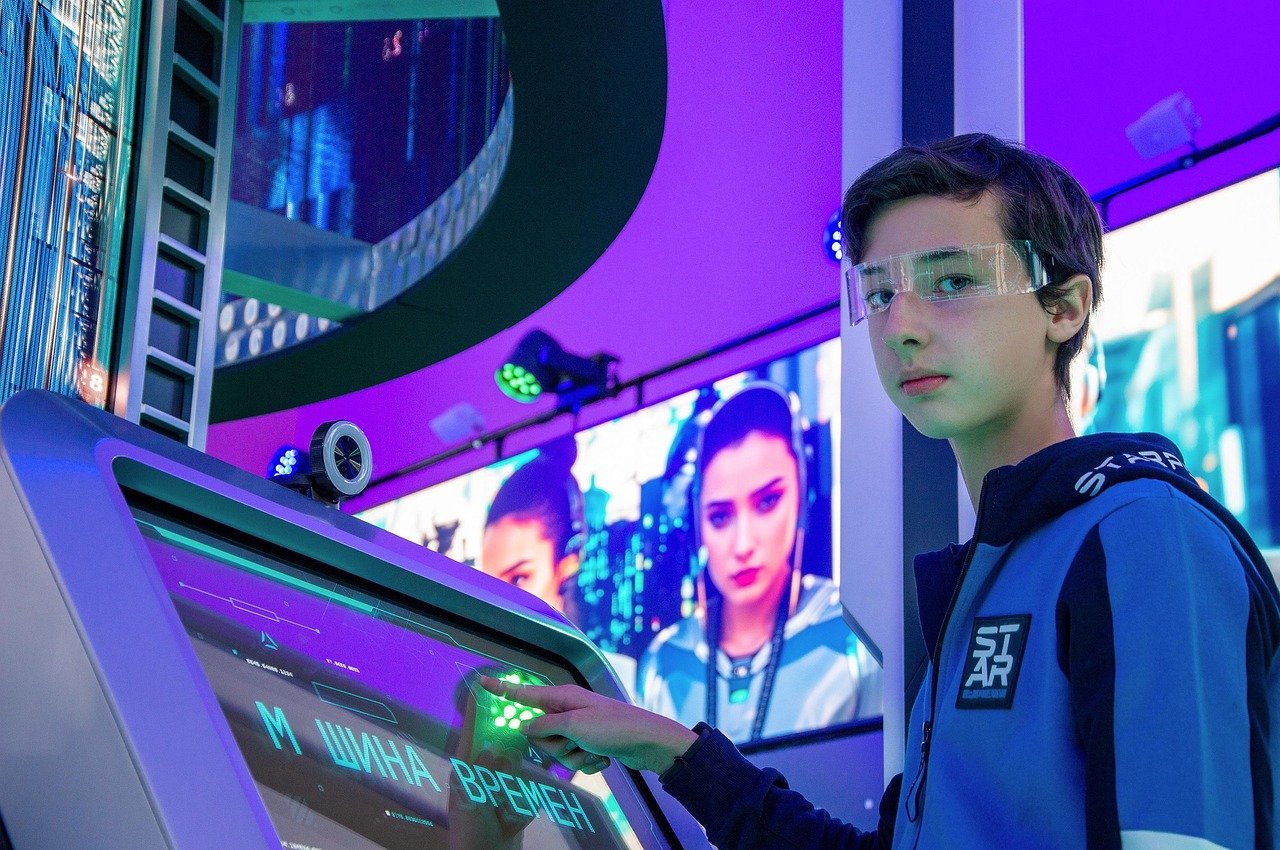
Schools and universities are rethinking everything from curricula to teaching methods as they prepare students for jobs that don’t exist yet. Coding, data literacy, and digital creativity are joining reading, writing, and math as essential skills. Lifelong learning is becoming the norm, with micro-credentials and online courses allowing people to update their skills on the fly. The focus is shifting from memorizing facts to learning how to learn, preparing students to adapt as technology continues to evolve.
Industries in Flux: Who Wins, Who Loses?
Some industries are feeling the impact of AI and automation more than others. Manufacturing and logistics are seeing robots take on repetitive tasks, while healthcare is using AI for diagnosis and treatment planning. Creative fields, once thought immune, are being disrupted by AI-generated art and music. Even professions like law and finance are changing as smart software analyzes contracts or manages investments. Those who adapt quickly and embrace new tools are finding fresh opportunities, while others risk being left behind.
Human Skills: The Secret Advantage
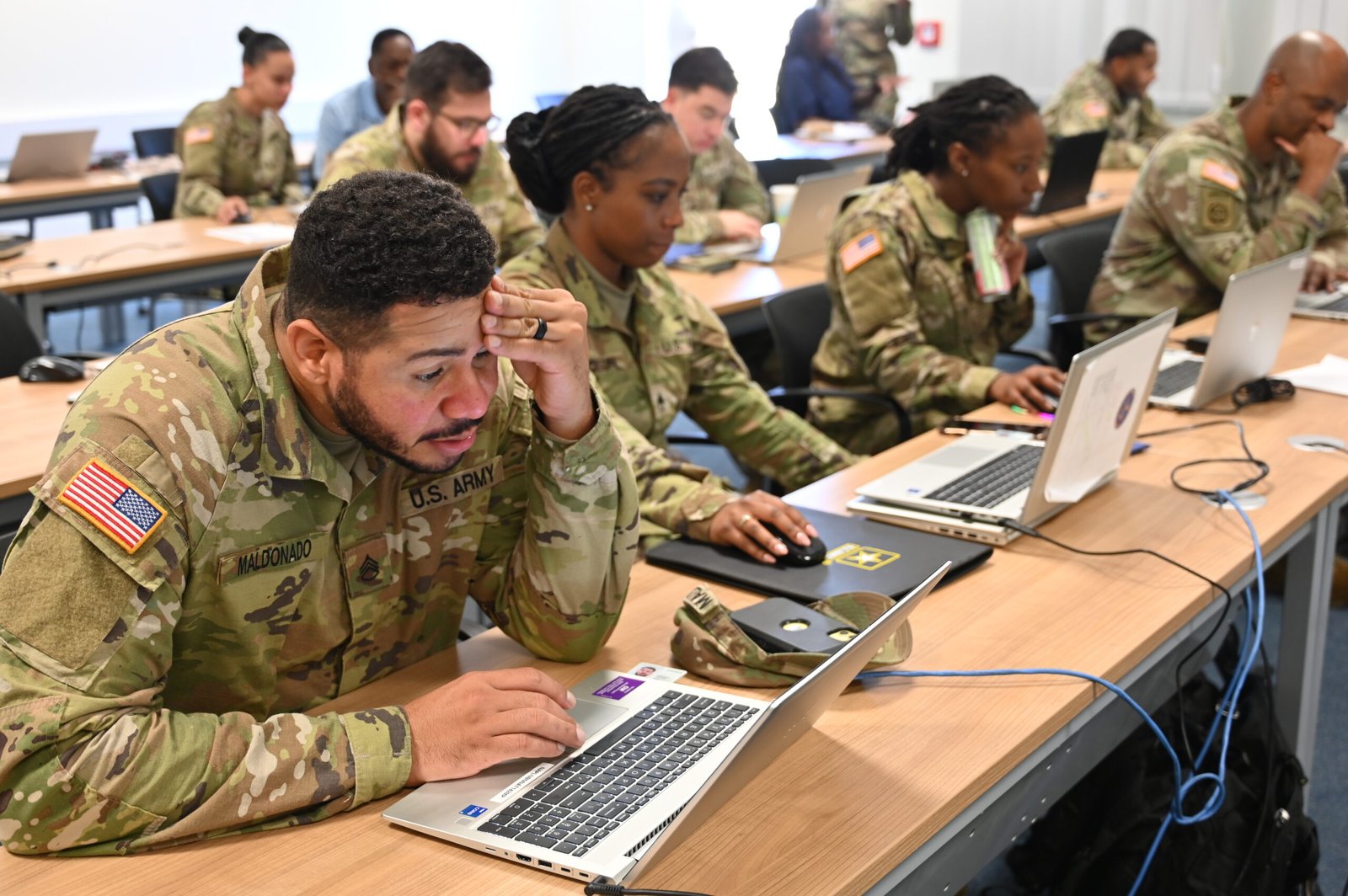
While machines are getting smarter, there are things they can’t replicate—at least not yet. Creativity, empathy, critical thinking, and the ability to connect with others remain uniquely human strengths. These skills are becoming more valuable as automation takes over routine work. People who can blend technical know-how with emotional intelligence will find themselves in high demand. It’s a reminder that in a world of smart machines, being human is still a powerful advantage.

